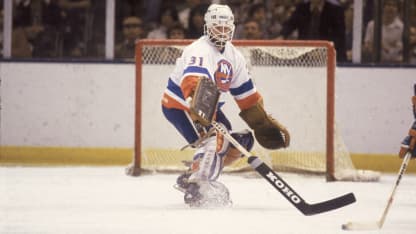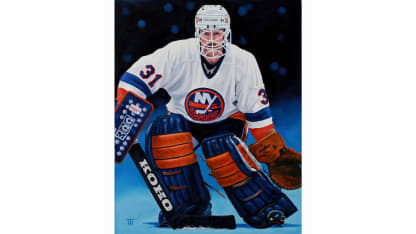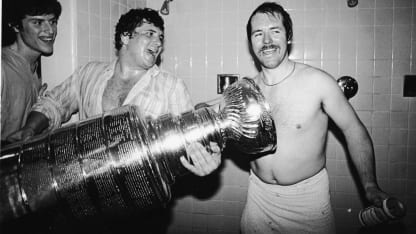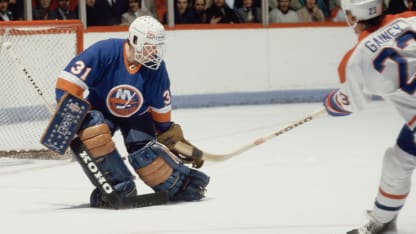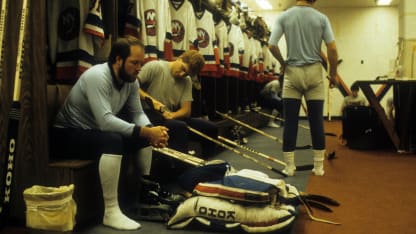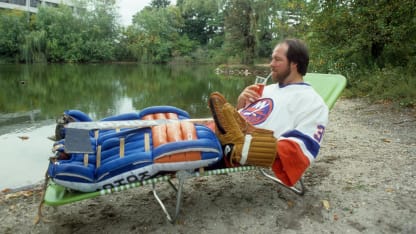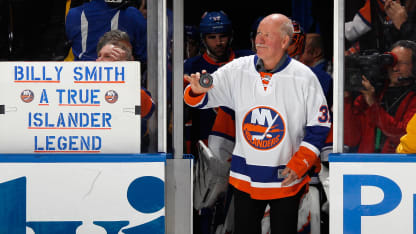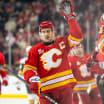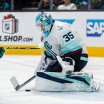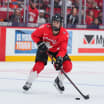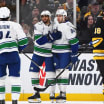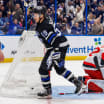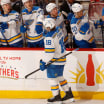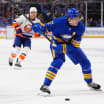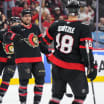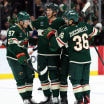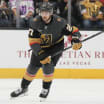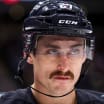Smith surely would have added to those notorious totals had he played more often instead of splitting the job with Glenn "Chico" Resch, Roland Melanson and Kelly Hrudey. Only once in his NHL career (1974-75) did he play more than 50 regular-season games.
"I didn't mind that at all," he told McDonell.
He acknowledged developing strong friendships with his fellow Islanders goalies, especially the friendly, quotable Resch, who was something of a polar opposite to Smith.
"Smitty comes across as rough around the edges -- until you get to know him,'' Resch told Vecsey. "Smitty prides himself in having people think he's, well, a little off-center."
Regardless of his quirks, once the playoffs arrived, so did Smith. During the Islanders' four straight Stanley Cup championship years, their postseason record was 60-18 and Smith was an exceptional 57-13 in the playoffs.
"I always seemed to get on a roll," he told McDonell. "There was more pressure, which helped my concentration and the game seemed a little easier."
It started out innocently enough on the backyard rink built by his father, Joe, a railway maintenance worker from Belfast, Northern Ireland. Billy was born Dec. 12, 1950, in Perth, Ontario, about 60 miles southwest of Ottawa, the youngest of Joe's three sons. When Billy was 7, his brothers made him a backyard goalie. He liked it and soon excelled in Perth's minor hockey program, where Joe was also a coach.
In 1969, after playing sporadically in three seasons with the nearby Smith Falls junior A team, Billy hooked up with major junior Cornwall Royals, where older brothers Jack and Gord had previously skated. He played well enough to be selected in the fifth round by the Los Angeles Kings in the 1970 NHL Draft and assigned to Springfield of the American Hockey League. As a first-year pro, Smith helped lead Springfield to the Calder Cup championship in 1971.
Smith's five-game NHL debut, substituting for injured Rogie Vachon, came the following year with the Kings. He collected his first NHL victory, and his first fighting major, but Los Angeles exposed him in the 1972 expansion draft. Torrey liked Smith's competitive spirit and snapped him up for the Islanders.
